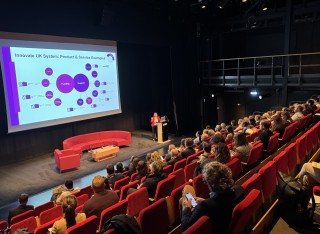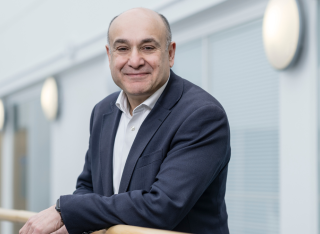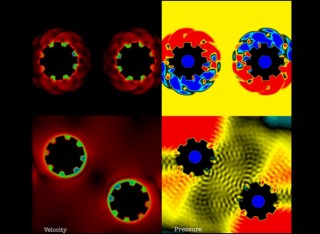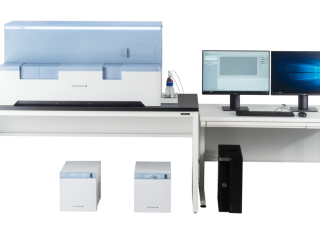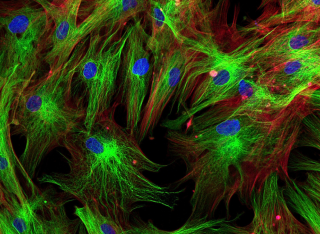
Innovation news
We have almost 20,000 people studying or working at the University. Which means we can confidently guarantee someone somewhere is always innovating at the University of Surrey!
Innovation news is not just new inventions, patents and spin-outs. It's also new partnerships, collaborations, knowledge exchange, public engagement, consultancy and new funding announcements. Check back to this page to keep in touch with our activities.
